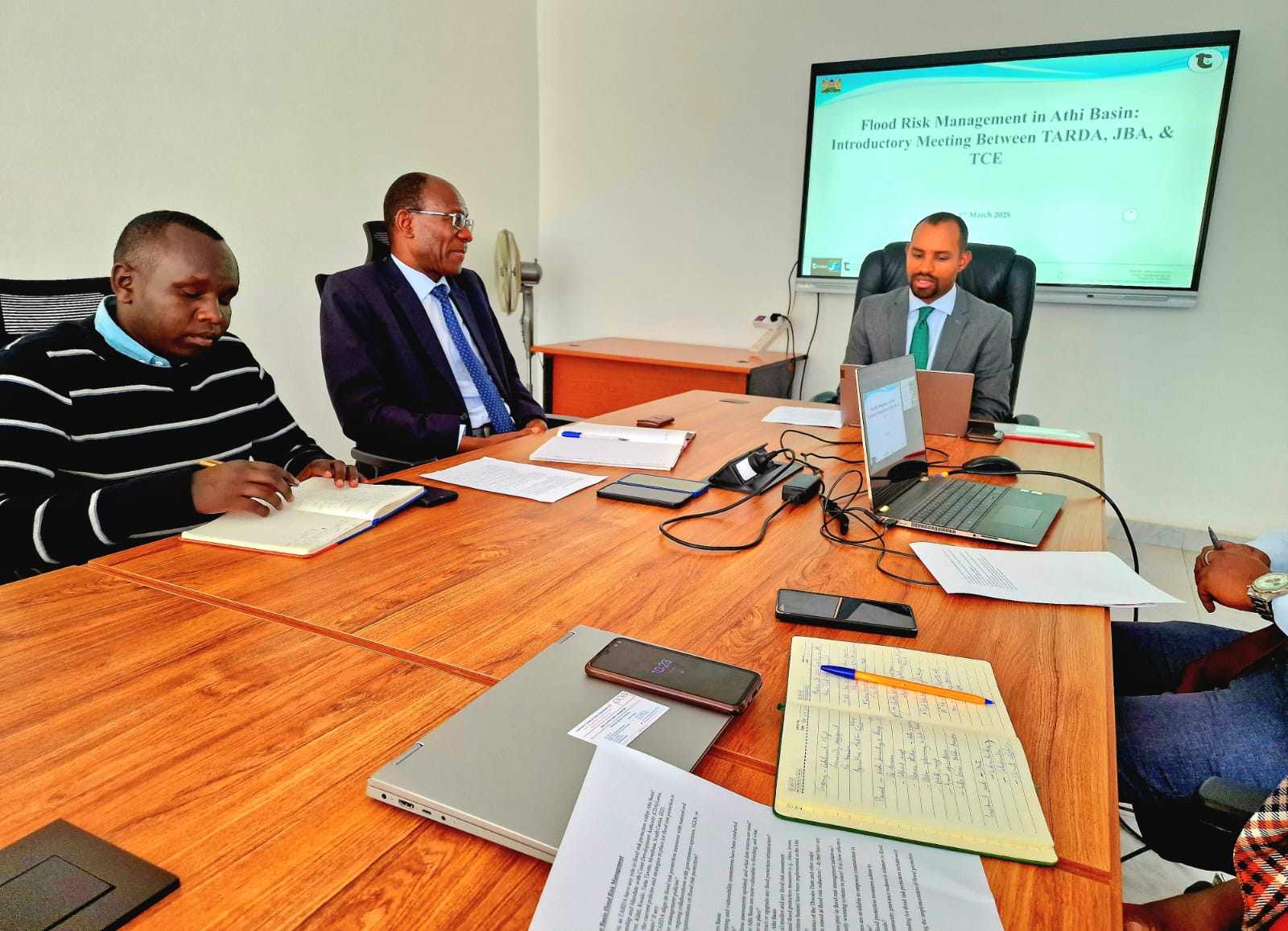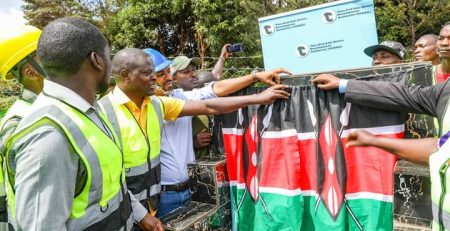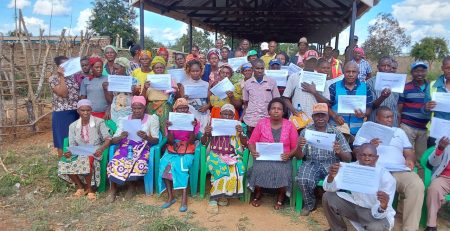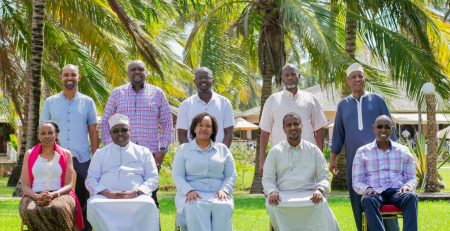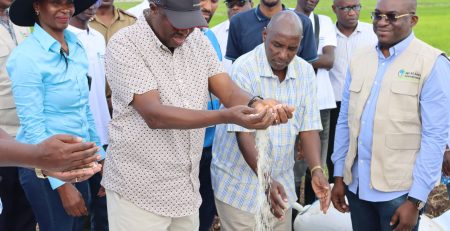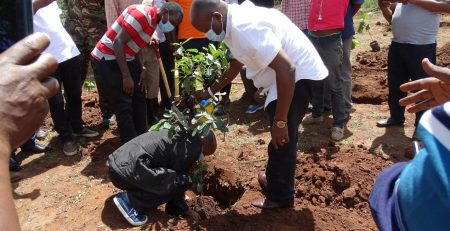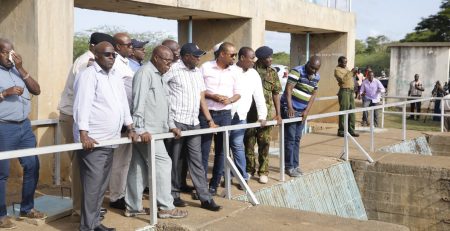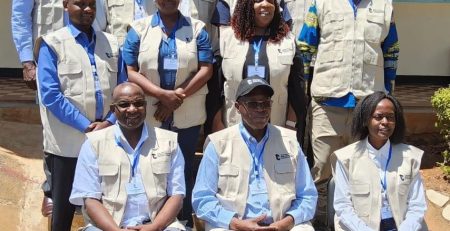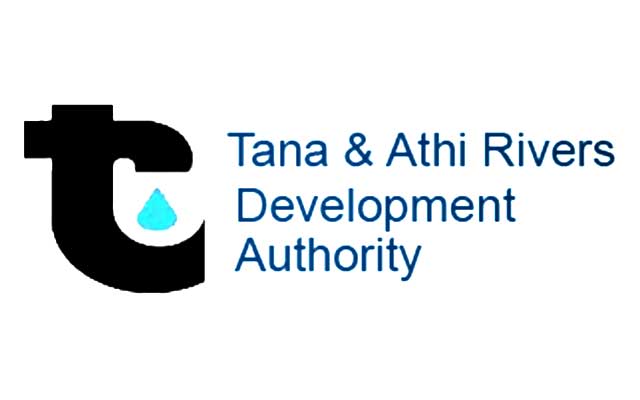BUILDING FLOOD RESILIENCE IN THE ATHI BASIN
In line with the Tana and Athi Rivers Development Authority‘s ongoing efforts to develop a comprehensive flood risk management strategy for the Athi Basin, the World Bank has appointed JBA Consulting Engineers and Tertiary Consulting Engineers (TCE) to conduct a detailed flood risk assessment and develop an integrated flood risk reduction strategy. Towards this end we were happy to host an introductory meeting led by Managing Director Mr. Liban Roba with JBA through TCE led by Eng. Patrick Wambulwa to initiate this critical process, laying the foundation for a collaborative approach to mitigating flood risks and enhancing climate resilience in the region.
As a vital hydrological area supporting over 20 million people, the Athi Basin faces rising flood risks due to urbanization, encroachment of riparian zones, and climate variability. This partnership will integrate GIS-based flood mapping and risk analysis to enhance preparedness and response, while also exploring engineering solutions such as dykes, water storage structures, and sustainable urban planning interventions. Additionally, the meeting emphasized nature-based solutions, including tree planting, buffer zone restoration, and pollution control, which are crucial for long-term resilience.
TARDA highlighted its ongoing initiatives in the Athi Basin, such as environmental conservation programs, smallholder irrigation projects, and the establishment of tree nurseries in Machakos and Makueni. With over 18 water conservation projects benefiting more than 50,000 households, TARDA continues to invest in sustainable water management solutions to mitigate both floods and droughts.
By fostering strategic collaborations and leveraging technical expertise, this meeting marks the beginning of a structured and integrated approach to flood risk management. With the support of the World Bank, JBA, and TCE, TARDA remains committed to building a resilient Athi Basin where communities are protected from floods and natural resources are sustainably managed for future generations.


